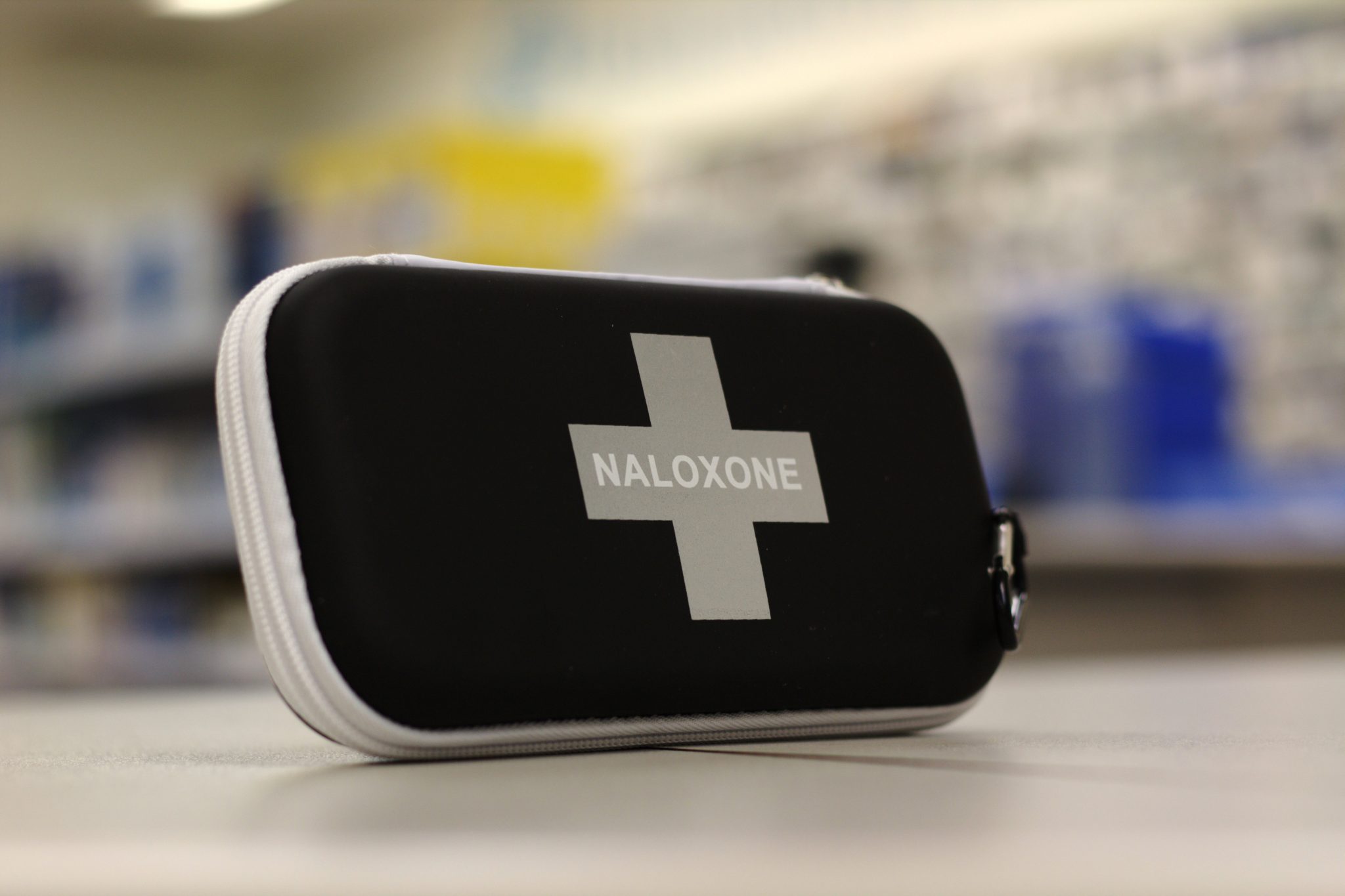Fentanyl crisis becomes increasingly prevalent in Waterloo Region


The threats associated with fentanyl loom as the drug’s prevalence has grown throughout not only Waterloo, but all of Canada.
Fentanyl is a synthetic opiate typically prescribed by medical doctors to alleviate pain and is usually administered through transdermal patches in small doses.
However, the extremely powerful drug has been increasingly present in the illegal drug trade, sold both on its own and laced in other drugs without the knowledge of the end user.
Overdoses caused by fentanyl only represent a part of the total sum of the increasing number of opioid overdoses in the region.
As a precaution against opioid overdoses, Wilfrid Laurier University has begun to equip and train its Special Constables and Wellness Centre nurses with Naloxone kits, according to 570 News.
Naloxone is a drug that reverses the effects of opioid overdose and making it available to staff and faculty appears to be a trend that many universities across Canada are following.
The Toronto Star, for example, reported that The University of King’s College, The University of British Columbia, The University of Alberta and MacEwan University have all made the drug available either to staff or directly to students.
The increasing prevalence of opioid overdoses has also been noticed by paramedics in the Waterloo Region.
“In 2015, two years ago, we did 273 opioid overdose calls in that year. This year we’re projecting to be in the 690 to 700 range. So that is a significant increase in calls for sure,” Robert Crossan, deputy chief of paramedic services in the Region of Waterloo, said.
However, Crossan iterated that the rise in overdose calls still accounts for a small proportion of their total calls each year.
“I think what I would like to see the university do – and not just for opiates but all substance use, I mean it’s a big issue in the community, and it’s a big issue in the university community – is more education on party smart, party safe, alcohol and drug use and abuse.”
“To put that in perspective, paramedic services does between 47,000 and 50,000 calls this year. So it’s an alarming increase, and it’s a serious issue, but it comes out to about one-and-a-quarter per cent of our total call volume,” Crossan said.
In addition to being made available by universities, members of the public throughout Ontario can get free Naloxone kits from pharmacies and various community organizations.
When asked about the impact that more widely available Naloxone kits would have on paramedic services, Crossan stressed that, while it is useful, it doesn’t really affect the number of calls they need to respond to.
“There’s no doubt that public Naloxone saves lives and I would never say that it’s a bad thing, but we need to be called every time that that’s given,” Crossan said.
“Maybe it’s not a drug overdose, maybe the Naloxone isn’t enough, whatever, maybe we can get there and talk the patient into coming to the hospital with us and starting some counselling,” Crossan said.
For those who choose to experiment with drugs, the risk of overdose is always present. Especially with powerful drugs like fentanyl, for which a small difference in dose could be the line between life and death.
When asked about the sorts of precautions universities should take against the threat of such outcomes, Crossan stressed that a preventative strategy would be better than a reactive strategy.
“I think what I would like to see the university do – and not just for opiates but all substance use, I mean it’s a big issue in the community, and it’s a big issue in the university community – is more education on party smart, party safe, alcohol and drug use and abuse,” Crossan said.
“I’d like to see them address that issue more across the board with students. So, more of a prevention angle as opposed to reactive,” Crossan said.
“Public Naloxone, Naloxone in the hands of responders is about as reactive as you can get on a policy. As opposed to being proactive.”
The Cord reached out to Wilfrid Laurier University’s Special Constable Services and Wellness Centre but did not receive a comment at the time of publishing.

